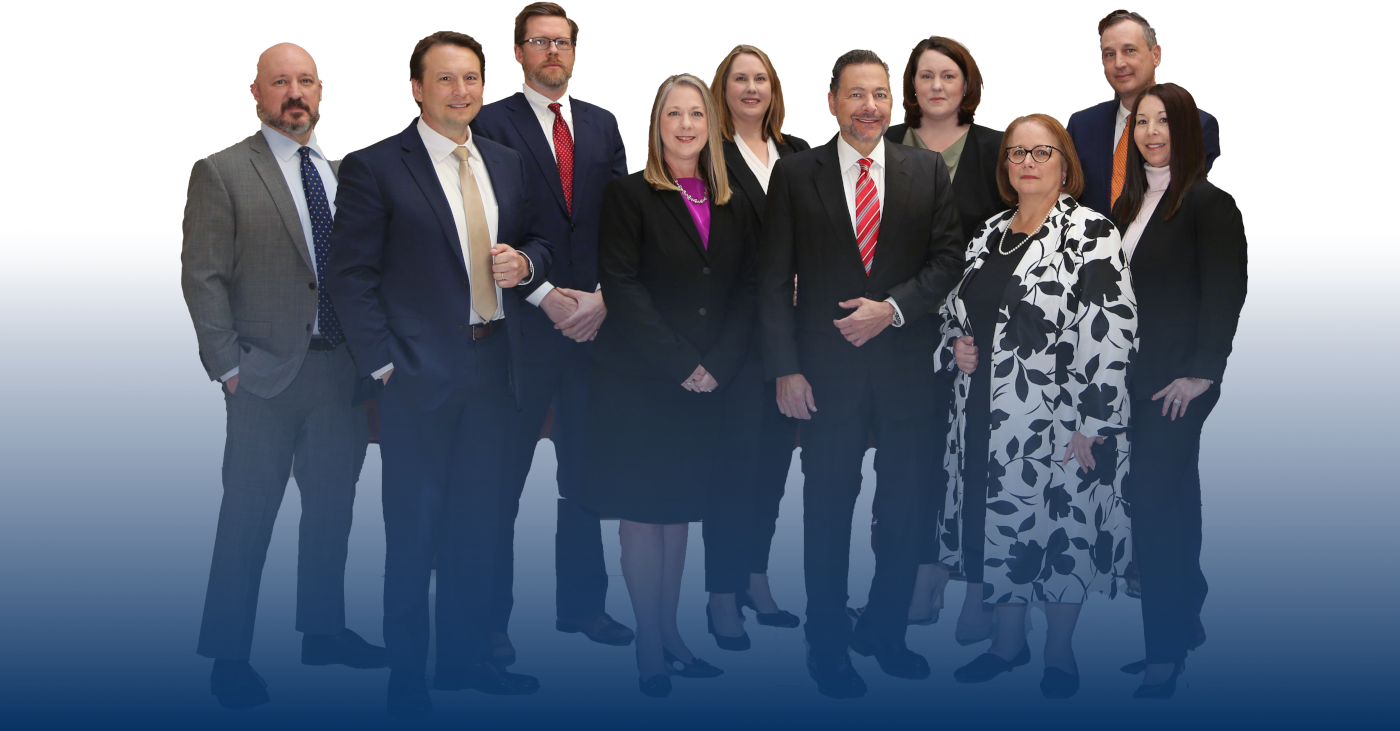Social media is a great way to keep in touch with friends and family but oversharing after a serious injury can spell trouble for your injury claim.
At DeMayo Law Offices, we’ve had several clients ask about social media use after an accident. In this post, we discuss how social media can hurt your injury claim and detail what you can do to mitigate risks.
Why It Matters
To be effective, an injury claim must prove another party was negligent or responsible for causing the accident. Unfortunately, an injury claim can be influenced by factors that occur after an accident, including information you post to social media accounts.
A skilled defense lawyer or insurance adjuster looks for evidence to limit the claim or prove no-fault for his or her client. One of the first places they’ll look is social media.
They’re looking for evidence that contradicts your claim. For example, if you claim to have suffered a neck injury, but days after the crash you post a picture of yourself running a marathon, this can be used at trial to question your character in front of a judge and jury.
Not all claims are settled in mediation. In the event a case goes to trial, social media can be used to discredit the veracity of your claim, which could limit compensation for lost wages, medical expenses, and so on.
Oversharing on social media is particularly important in states like North Carolina, which follows contributory negligence rules: when an injured person shares even the slightest bit of fault, contributory negligence leaves that person with no chance to recover compensation for any losses stemming from the accident.
If you, for example, share that you had been drinking the night of your accident, this fact could undermine your entire claim.
To ensure the best outcome, it’s best to avoid social media throughout the entire claims process. This includes updates, blogs, videos, pictures, tweets, and other shared content.
For a free legal consultation, call (877) 333-1000
How to Protect Your Claim
Privacy settings on popular sites like Facebook and Twitter may not provide adequate protection during an injury claim investigation. Additionally, it’s not uncommon for insurance adjusters to fabricate accounts to spy on accident victims.
Here are a few things to consider on Facebook and Twitter:
- Avoid the “friends of friends” loophole. It’s common for defense attorneys and insurance adjusters to “friend” one of your Facebook friends to gain access to your private posts.
- Change this by going to “Privacy Settings and Tools.” Edit the section titled “How People Find and Contact You.”
- Unless Tweets are protected, all Tweets are public and can be seen by anyone, whether or not they have a Twitter account.
- Change this by going to “Settings and Privacy.” Scroll down to “Settings” and click the “Privacy and Safety” tab. In the privacy section, check “Protect my Tweets”, then hit “Save Changes.”
In addition to enhanced privacy, we also recommend the following:
- Don’t delete old or suspicious content. Deleted content may come across negatively in a courtroom. Consult with your lawyer before deleting anything.
- Deactivate geolocation features in all apps. Popular apps like Yelp enable your phone to automatically communicate where you are or check-in. Don’t leave a trail of locations for the defense attorney to follow.
- Disable tagging features—friends won’t necessarily know you need to limit your social media use.
- Avoid joining/following new groups or pages. In some cases, online socialization can be used to argue against an injury claim.
- Don’t accept new friend requests and/or followers during an injury claim investigation.
- Don’t post content related to traveling, physical activities, or new purchases.
Stay Informed. Be Prepared.
If you’ve been injured in North Carolina, you need DeMayo Law Offices. We’ve represented over 92,000 individual clients and won numerous large settlements and verdicts.
Part of our experience includes keeping victims and their families informed on factors that could influence their case and affect their compensation and recovery.
Be prepared for the unexpected. Follow DeMayo Law Offices on Twitter, Facebook, YouTube and LinkedIn.
Call or text (877) 333-1000 or complete a Free Case Evaluation form

